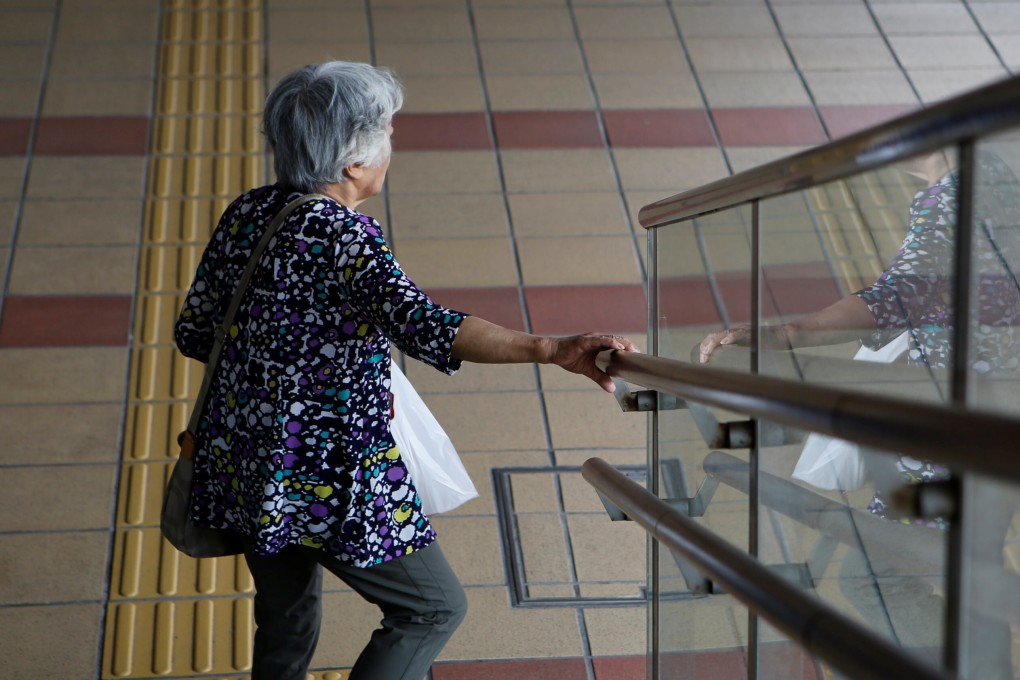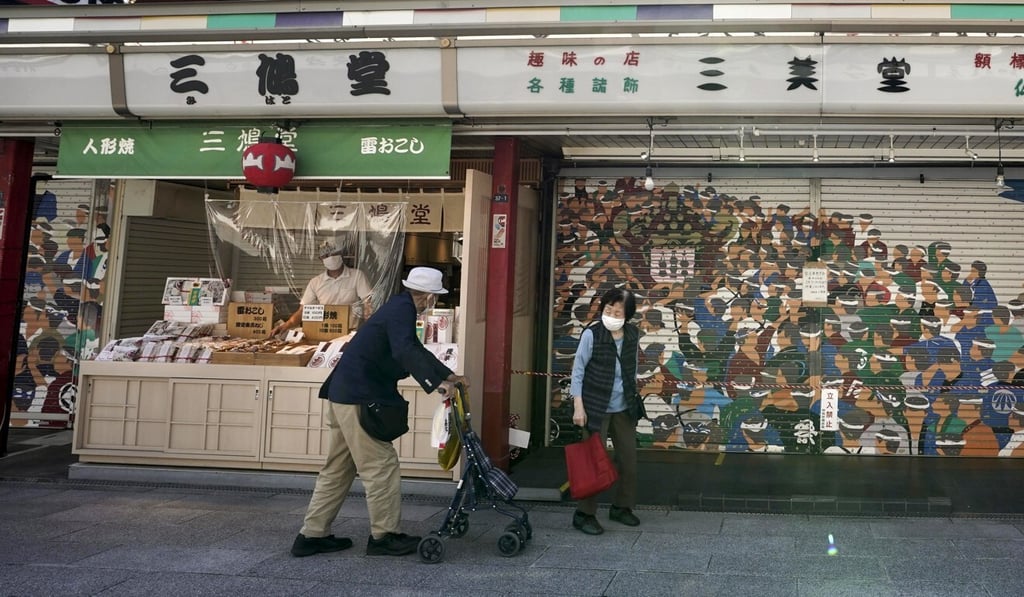Coronavirus: Japan debates one doctor’s call for younger patients to be treated before older ones
- Cardiologist Fuminobu Ishikura wants older patients to carry ‘consent cards’ so doctors in the world’s oldest country won’t have to make difficult choices
- Japan has fewer deaths than some European countries but also fewer ICU beds

“In Italy and Spain a month ago, we saw that there were too many patients and not enough respirators or even beds to treat them,” said the 64-year-old cardiovascular specialist. “That meant that doctors had to make a decision on who they would treat.”
In many cases, this effectively boiled down to a choice between treating an older person with Covid-19 who needed care more urgently, but had a lower likelihood of recovery, or prioritising a younger patient with a better chance of survival, Ishikura said.
“That is a very difficult decision,” he said. “Twenty years ago, I worked in hospital emergency rooms and I know just what doctors have been facing. My colleagues and young doctors are making life-or-death decisions – and that can hurt them.”

Ishikura came up with the idea of the consent cards, which he has made available for download from his personal website, shortly after being diagnosed with prostate cancer in February. He said he does not know how many people have downloaded the cards so far, but the webpage has been visited thousands of times.